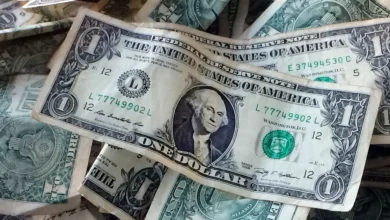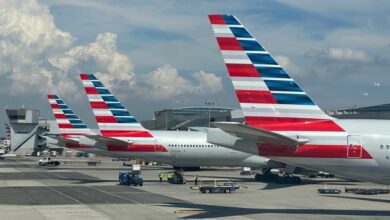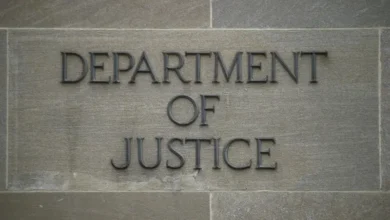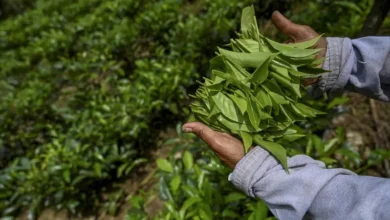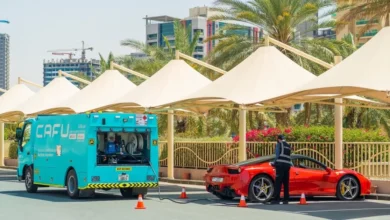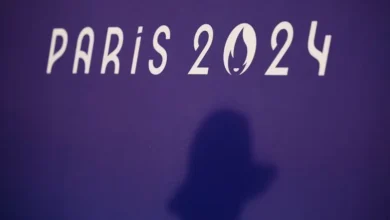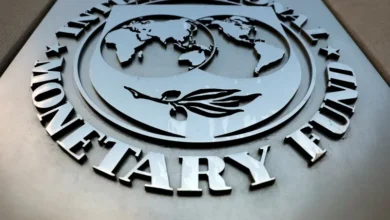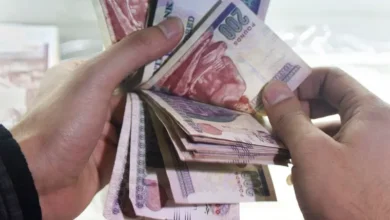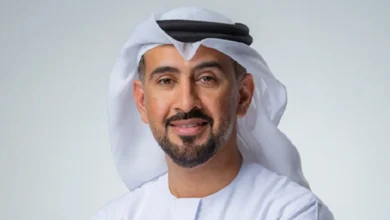UAE emphasizes role as trade hub, sees ties with West unbroken after BRICS invite
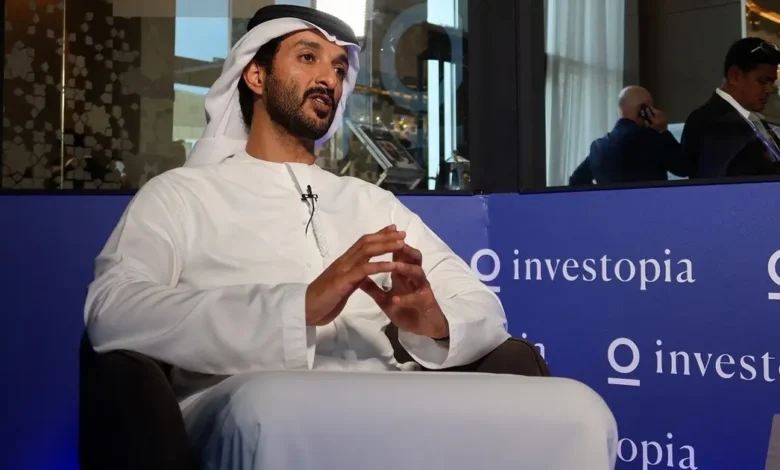
Joining the BRICS bloc of emerging economies by the United Arab Emirates won’t come to the detriment of its ties with western nations, a top UAE official said, amid concern that China and Russia are expanding the group to counterbalance US and European influence.
The UAE is looking to its membership as an opportunity to devel-op trade and plans to commit more capital to the New Development Bank, the lender created by BRICS that the Gulf state joined two years ago, Economy Minister Abdulla bin Touq Al Marri said in a Bloomberg Television interview.
“We are actually going to push more and will “indeed inject capital into the bank,” the minister said on Monday, without specifying an amount.
The UAE was among six countries to receive invitations last week to join China, Russia, India, Brazil and South Africa in the group, its first expansion since 2010.
The UAE, one of the few countries to manage over $1 trillion in sovereign wealth capital, represents a potentially deep-pocketed contributor for the NDB, the BRICS bank set up to lend to devel-opment projects in emerging markets.
OPEC’s third-biggest producer can give more financial muscle to the BRICS lender formed as a counterweight to the International Monetary Fund and the World Bank.
The Shanghai-base NDB has authorized capital of $100 billion, according to its website. Since the bank’s establishment, it’s approved projects for a cumulative of almost $32 billion.
The Gulf Arab region’s second-biggest economy is continuing to develop trade with the West while boosting commerce with lesser-developed countries of the Global South, according to Al Marri.
The UAE pegs its currency to the dollar and hosts US forces at its air base.
“There is huge work that we’re going to do, and we are going to focus on the West as well,” Al Marri said. “We want peace and prosperity and with that comes the economy and comes trade.”
Over the past couple of years, the Gulf country has clinched trade deals with countries including Indonesia, Turkey, and Israel, and agreed with India to use local currencies for cross-border transactions. China and India were the UAE’s biggest trade partners in 2022, followed by Japan and the US.
“Going to the Global South, that’s the most important aspect where we are focusing on at the moment, and that will grow,” Al Marri said. “While we double down on trade, that will be what we focus on.”
While the UAE has explored conducting commerce in currencies other than the greenback, the minister said his country is making “a differentiation between the reserve currencies and between the trade currencies and continues to do a lot of business in dollars.”
The focus is on “what makes it easier for trade hubs, what makes it easier to trade globally,” he said.
The inclusion of the UAE, alongside Saudi Arabia, in the BRICS alliance brings several of the largest energy producers with the developing world’s biggest consumers.
With most of the world’s energy trade taking place in dollars, the expansion could also enhance the bloc’s ability to push more trade to alternative currencies.
The BRICS membership is “huge to the UAE,” Al Marri said. “Joining BRICS will add a lot to the UAE multilateral support to the world. We are focusing on our global trade, the UAE has always been a global hub.”
